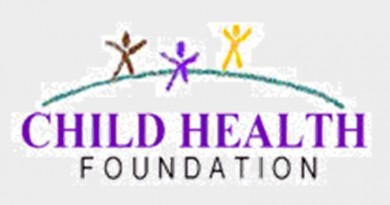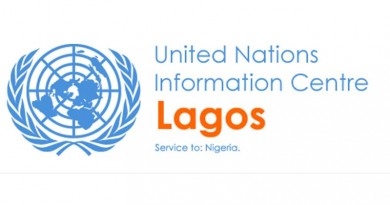Measles hospitalizations reach record rates in Maiduguri
Between October and December 2023, there was a significant increase in measles hospitalizations to Médecins Sans Frontières (MSF) facilities in Maiduguri, Northeast Nigeria, resulting in record numbers. Despite efforts to vaccinate, this concerning situation necessitates a swift reinforcement of routine immunization campaigns.
In the year 2023, a total of 9,618 measles patients were treated by MSF teams in various healthcare facilities, including Gwange Paediatric Hospital, Nilefa Kiji nutrition hospital, and MSF-supported primary healthcare centers in Maiduguri. The surge in cases during the last quarter of the year, with 3,965 patients treated from October to December, was unexpected and nearly three times higher than the same period in 2022.
Dr. Jombo Tochukwu-Okoli, the MSF Medical Activity Manager at Gwange Paediatric Hospital, attributes this alarming increase in cases to the failure of public health actors to achieve the required 95% vaccination rate for measles suppression. Difficulties in accessing rural communities surrounding Maiduguri have hindered the efforts of health workers in conducting vaccination campaigns due to prevailing insecurity.
Measles Hospitalizations
However, the challenges in achieving higher vaccination coverage extend beyond access issues. The disruption of routine childhood vaccination during the Covid-19 pandemic has negatively impacted the health systems, leading to difficulties in implementing routine immunization campaigns. Additionally, technical complications have resulted in interruptions in the cold chain, compromising the effectiveness of the vaccine.
The surge in measles cases coincides with a simultaneous outbreak of diphtheria in Northern Nigeria and an extended malaria season. The diphtheria outbreak, which has seen 24,500 suspected cases and over 600 deaths since its official declaration in January 2023, serves as another alarming indication of the significant setback in routine immunization programs and the insufficient long-term efforts to enhance vaccination coverage in the country.
In 2021, Maryam Umar experienced the devastating impact of measles when her son contracted the disease. Recognizing the grave threat it posed to young children, Maryam promptly sought medical assistance at the MSF-run Gwange hospital in Maiduguri. Unfortunately, her son succumbed to the illness, leaving her filled with fear and sorrow. Determined to prevent a similar tragedy, Maryam wasted no time when her youngest daughter fell ill with measles the following year. She immediately brought her to Gwange hospital, where dedicated MSF staff operate two specialized wards for treating measles. After a week of receiving oxygen therapy, the toddler was discharged.
Measles stands as one of the most highly contagious viral diseases worldwide. Once it infects the immune cells, the virus rapidly spreads throughout the body, ultimately affecting the respiratory system. This leads to a cough that can transmit the virus to others. Dr. Tochukwu-Okoli explains that a single infected child can potentially spread the virus to between 9 and 12 unvaccinated children. While there is currently no specific cure for measles, there are life-saving medications available to stabilize patients and prevent complications.
The virus’s impact on the immune system can result in severe complications even after the measles infection has subsided. This characteristic of the virus contributes to its high fatality rate, as it leaves children vulnerable to other diseases, particularly diarrhoeal illnesses. Dr. Tochukwu-Okoli expresses concern about the significance of a surge in measles cases in a context where malnutrition is widespread. “Measles is notorious for exacerbating malnutrition,” she explains, due to the detrimental effects the virus has on the gastrointestinal lining. The resulting diarrhoea, according to Dr. Tochukwu-Okoli, hinders the child’s ability to absorb and retain nutrients during the post-measles phase, depleting essential micronutrients and further compromising the child’s immunity.
In the Northeast region of Nigeria, where access to nutritious food is limited seasonally, measles and other factors contribute to higher levels of malnutrition, creating a vicious cycle as malnourishment further weakens the immune system. Consequently, this leads to increased morbidity and mortality associated with measles and other diseases.
The precarious security situation in Northern Nigeria, reduced funding from international donors for Nigeria, and the ongoing neglect of public health infrastructure are deeply concerning. Given the prevalence of vaccine-preventable outbreaks, such as measles, diphtheria, and meningitis, Médecins Sans Frontières (MSF) urges international and national stakeholders not to turn a blind eye to what could potentially become a perfect storm, exacerbating the humanitarian crisis in 2024.




